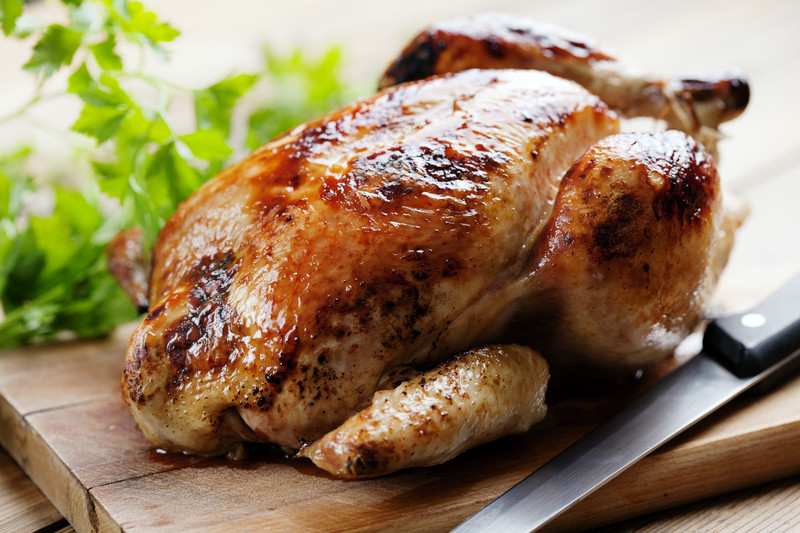Statement Regarding mRNA Vaccines in Livestock at Pure Pasture Farms
posted on
August 13, 2023
We have recently noticed an influx of questions concerning the potential use of mRNA vaccines on our livestock. We feel it's imperative to address these concerns transparently.
**Our Stand on mRNA Vaccines in Livestock**
While the concept of administering mRNA vaccines to domesticated food animals is gaining momentum, we want to make our stance crystal clear: Pure Pasture Farms has decided against using mRNA vaccines on our animals. Our philosophy revolves around nurturing our livestock in environments that mirror their natural habitats. When animals thrive in such conditions, the necessity for vaccinations often diminishes. Our goal is to reduce, and eventually eliminate, the use of all vaccines on our farm. We're making progress, but we're not quite there yet.
**A Word on Antibiotics and Animal Agriculture**
It's a lesser-known fact, but worth noting, that over 80% of the antibiotics produced globally are utilized by domesticated food animals. This leaves a mere fraction for human consumption. With such statistics, it's conceivable to see the lucrative potential for vaccine companies to venture into the animal agriculture domain. While there's no certainty about the legislative future regarding this, we believe that the intersection of Big Ag and Big Pharma could sway decisions in this direction, especially if there's profit to be made.
**Our Promise to You**
We reject a universal, one-size-fits-all approach when it comes to the wellbeing of our livestock. The welfare and health of our animals always come first, which means avoiding unnecessary interventions, including vaccinations. Presently, our farm is almost vaccination free and we are working to make that 100% by 2025. The only vaccine currently given to our calves to prevent blackleg has been in use since the late 1800s. The first blackleg vaccines were developed by scientists such as Nocard and Roux in 1887, using attenuated pure cultures of Clostridium chauvoei.
Should there be a heightened demand for meat from non-mRNA vaccinated livestock, we pledge to prioritize our subscribers, regular customers and employees. It's a lesson learned from our experience during the pandemic, where we learned about reserving our inventory for our most devoted customers. Rest assured, we will make this a priority if needed.
In summary, while we're not in the business of inducing panic, it's crucial for our customers to understand how we intend to operate in times of increased demand. Trust that our livestock's health, and by extension, your health, remains our paramount concern.
Thank you for your continued trust and support.
Warm regards,
The Team at Pure Pasture Farms.





